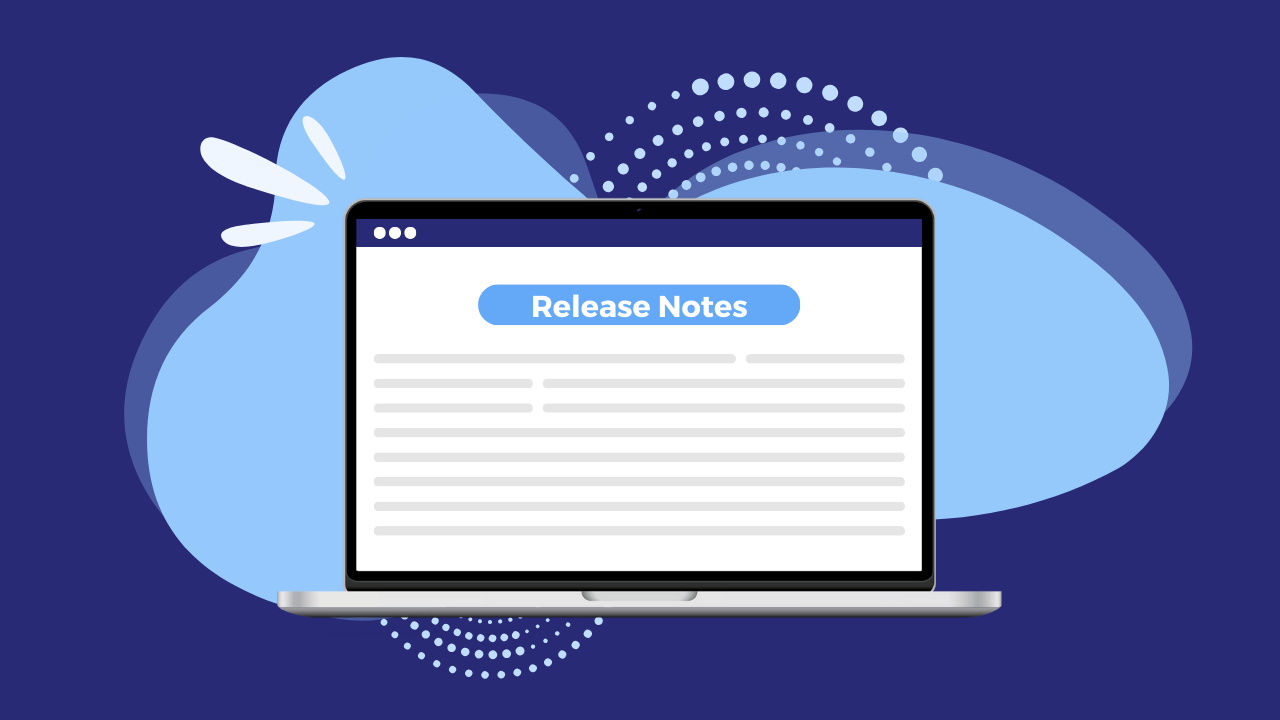We want to highlight a change in our sprint management approach. From now on, sprint names will align with version names, and releases will be scheduled in sync with our 3-week sprint cycle. Moving forward, we will publish only release notes. Now, let’s go through the key improvements and fixes introduced in Sprint 3.1.0, which correspond to Icecat PIM Version 3.1.0.
New Features and Improvements
- Divided settings into “My Settings” and “System Settings”
The settings have been reorganized to improve clarity and usability. “My Settings” now contains only user-specific preferences, previously found under the “Settings” tab. “System Settings” has been introduced as a dedicated section for General Settings, Icecat Connection Settings, and AI Connection Settings, making it easier to manage system-wide configurations. - Added User Management with Administrator, Super-user, and Editor roles.
A new User Management feature has been introduced, allowing for better control over user permissions with three distinct roles:- Administrators have full access to all modules. Their changes are not subject to approval, and they can modify user types for all users.
- Super-users can manage data within the modules they have access to. If the Approval module is active, their changes in the channel-specific page do not require approval. They can also approve changes made by Editor users and modify user types for Super-users or Editors.
- Editor users can edit data in the modules they have access to. However, if the Approval module is active, their changes in the channel-specific page require approval from a Super-user. They cannot modify their own or other users’ roles.
- Added task statuses to Task Automation: No action, No active actions, No triggers, Active, Passive.
- Changed sending bullet points in JSON format instead of a table for the following connectors: Lightspeed, Shopware, Odoo, WooCommerce, Magento, as well as for File Imports.
- Added new columns to the Pricing Rules List
The Pricing Rules List now includes additional columns for Pricing Group, Sale Price Module, SKU, Product Type, and Brand, providing more detailed insights and improving price management.
- Changed labels from “Visible” to “Exportable”
Attributes previously labeled as “Visible” for pushing to environments are now renamed to “Exportable.” These can be found in the Product Types/Attributes settings. - Implemented channel-based image management (available only on request).
- Enabled negative stock in Product Edit > Warehouses tab
Negative stock is now supported in PIM, as some distributors include negative stock values in their product feed files. - Amazon | Added Amazon response statuses to Amazon export log reports: Error, Check response, Check ASIN, and other design changes
The Amazon export log now includes response statuses to provide clearer insights into export results. The new statuses are:- Error (Red) – Indicates errors in the Amazon response
- Success (Green) – No errors detected, and ASIN reply received
- Check Response (Yellow) – No errors detected, but ASIN reply not received
These updates enhance visibility into export processes, making it easier to monitor and troubleshoot Amazon integrations.
- Shopify | Added AI functionality to generate SEO fields
AI can now be used to generate and enhance SEO fields in Icecat PIM, including meta title, meta description, and meta keywords. This streamlines the process of optimizing product content for search engines. - Shopify | Added SEO Fields export
SEO fields, including meta title, meta description, and meta keywords, can now be exported to Shopify. A new “Override SEO Fields” setting (ON/OFF) controls how these fields are updated.
- When ON, Shopify’s SEO fields will be updated with the values from PIM, if available.
- When OFF (default), Shopify’s existing SEO fields remain unchanged.
- If a field is empty in PIM, the export will not overwrite the corresponding field in Shopify.
- Shopify | Added a setting to enable or disable product name export: “Yes” or “No”.
Based on customer feedback, we introduced a setting in Icecat PIM that allows users to choose whether to export product names. This option can be set to “Yes” or “No”, providing more flexibility in managing product data exports to Shopify.
Fixes
- Added Icecat content condition to Business Rules
The Post-filter in Business Rules now correctly applies content filters, such as “with content” or “without content,” ensuring more accurate rule execution. - Added missing Attributes import to Icecat Connect
- Added missing “Without category” filter to Products List
- Fixed duplicate task creation on order change in Task Automation.
- Added missing CSV settings for Shop Selector Import.
- Added missing CSV settings for Price Rules Import.
- Fixed German translations on the Dashboard.
- Fixed the AI Generate/Enhance button display: “Generate” button is disabled only when the field is empty and the “Enhance” button is enabled only when the field is filled.
- Fixed functionality to copy products from the Product List.
Anna is a Product Manager for Icecat PIM.
